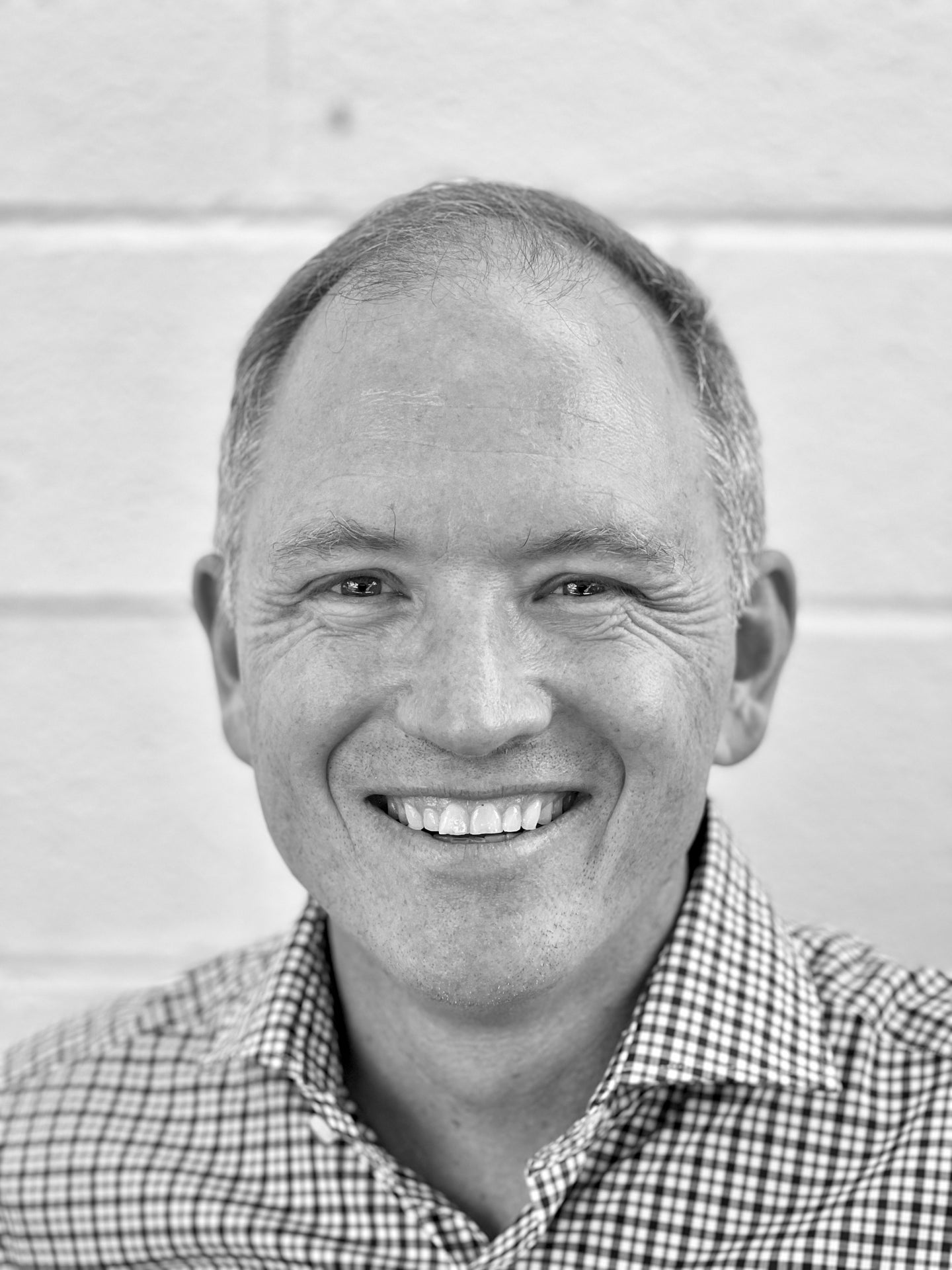5 Questions with Gabriel Schlumberger, Managing Director of Techstars Space Accelerator
Apr 10, 2025

Gabriel is the Managing Director of Techstars Space and the USC & Techstars Digital Economy Program. He has led the USC Accelerator and invested in companies in B2B, ecommerce, healthcare, biosciences, edtech, and GenAI. Prior to joining Techstars, Gabriel was the CEO of Fitz Frames, a direct-to-consumer eyewear brand that used additive manufacturing and advanced facial scanning to deliver custom-made glasses to adults and children. Previously he worked in omnichannel e-commerce, and served as the Executive Director of Digital Creative at Disney. He began his career in feature animation where he worked on numerous Oscar-winning features at Pixar and Blue Sky. He graduated from Dartmouth, where he studied government.
01. What are you looking for in startups for Techstars Space?
We always say that the most important thing in a startup is the team. We’re looking for smart, motivated, innovative founders who are passionate about solving real problems. Whether or not they have experience in the Space sector already, the best companies come from people who are good at looking forward several years and thinking, “Huh. I have an idea how to solve that.”
We’re searching for the next generation of space technology companies, even if they come from adjacent industries. So if you’ve already been building with space in mind, or have some technology adapted from an adjacent industry (like automotive, agriculture, energy, mining, finance, and advanced manufacturing) that has aerospace potential, we want to talk to you. and technologies that can be applied commercially into the space and aerospace sectors (i.e., autonomy, robotics, etc). Examples of categories we’re particularly interested in include: Applied AI and ML, SmallSats, Digital Design and Collaboration tools, Geospatial Analytics, Autonomous Systems, Robotics, Advanced Manufacturing, Advanced Structures, Systems-on-chip computing, VLEO, Avionics, Drones/UAS, Communications, Earth Observation, Edge Computing and Big Data Processing, In-Orbit Servicing, Navigation, Perception, Sensors, Quantum technologies, Cybersecurity, and Power Systems (energy generation, energy storage, energy management). Double points for dual use!
02. What are some of the biggest learnings from your career and entrepreneurial journey that you bring to being a Techstars Managing Director?
I have been a founder and entrepreneur for most of the past decade, so I bring an operator’s mindset to my role as MD. Technical acumen is table stakes. But cultivating a large quiver of soft skills is critical. Your success as a company comes down to your ability to communicate your ideas and rally others to your cause. Grit, passion, commitment, storytelling, and creativity are essential qualities in a founding team. Building traction and validation early is critical, and engaging with DOD, NASA, or a Prime (in the right way at the right time) can dramatically change the trajectory of a company.
03. What is your favorite thing about the Space sector?
Who didn’t grow up dreaming of Space? It’s the triple point of technological innovation, creativity, and determination. I’m particularly drawn to the space sector right now because there are several enabling technologies that are all coming to maturity simultaneously: AI/ML, sensing, autonomy, and high speed communications. Couple that with decreasing commercial launch costs, and you have a recipe for massive innovation in the next few years. I think some of the most interesting companies of this century are being founded right now. As a mentor for several of the Techstas Space companies, I’ve been privileged enough to have a front-row seat to some of the most creative and technically-gifted founders solving really big problems. I love the inherent adaptability of the industry; the same underlying technology that can be used for defense can also be used to monitor fisheries, traffic, and climate change.
04. What does Give First mean to you and how do you apply it in your work and life?
I first encountered the “Give First” philosophy working with companies on the Techstars Disney program in 2014. In the decade since, I’ve had the privilege of mentoring several dozen companies (both through Techstars and on an ad hoc basis). But I didn’t really appreciate the true power of Give First until I was running my own company. With Fitz Frames, I benefitted from several lifetimes worth of help, guidance, and encouragement.
The truly amazing thing about Techstars is the willingness of the greater community to step forward to help founders succeed. Mentors, investors, and even the other founders in the program rally around each other and provide a tremendous amount of support. Builders helping other builders, and asking nothing in return. It’s magical.
05. Describe a moment/situation with a startup founder or team where you felt like you made a difference.
Running a startup is hard. Everything is amplified; the good, the bad, and the ugly. And it’s nearly impossible as a founder to be able to step back and observe everything that is going on with an intellectual distance. Helping founders who are struggling through problems; be it a pivot, co-founder conflict, fundraising, or just clearly articulating their business; is immensely rewarding. In our first cohort of the USC Accelerator, we had a company apply, get accepted, and they were making great progress even before the program started. But, by the first week, the shifting geopolitical climate made their original idea untenable and became obvious by the fact that they were going to have to pivot. We held their hand through some tough realizations and mapped out a plan. They then spent the two weeks of “mentor magic” workshopping and testing several new ideas until they finally lit upon a fantastic direction forward. It’s great to see your original hunch affirmed: these founders are full of resilience, courage, and tenacity.
